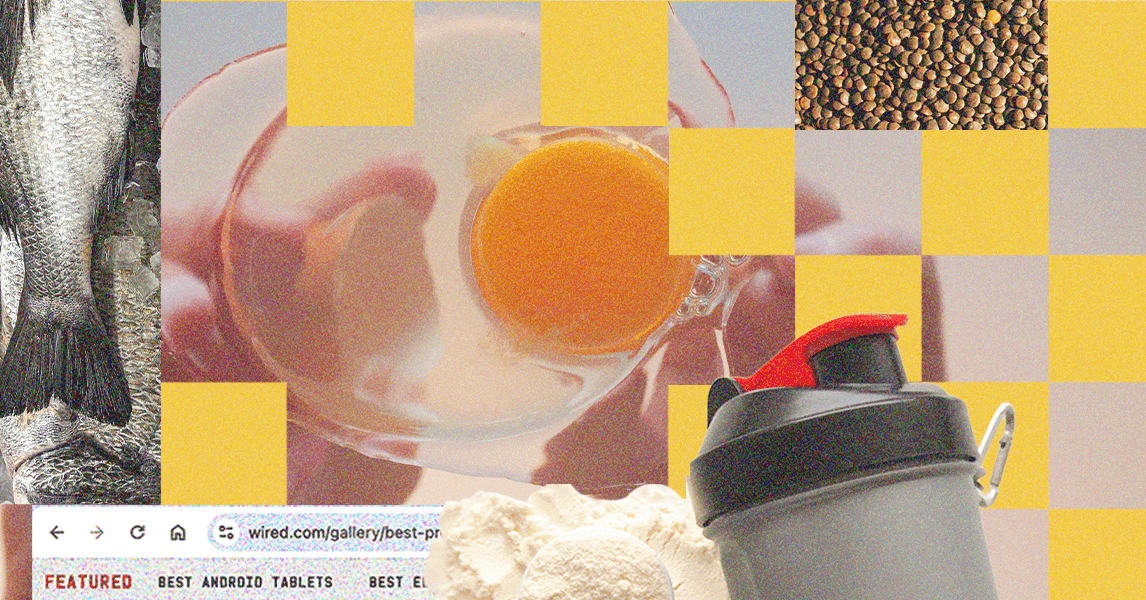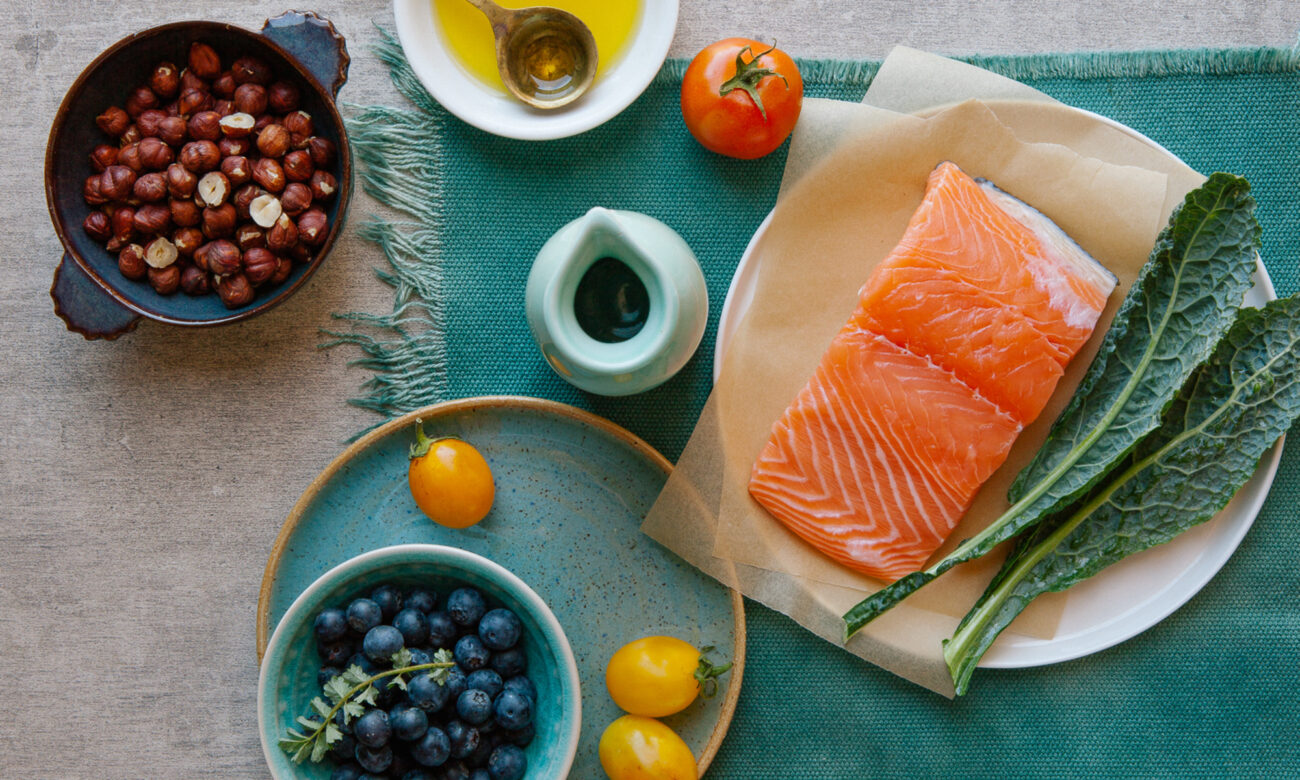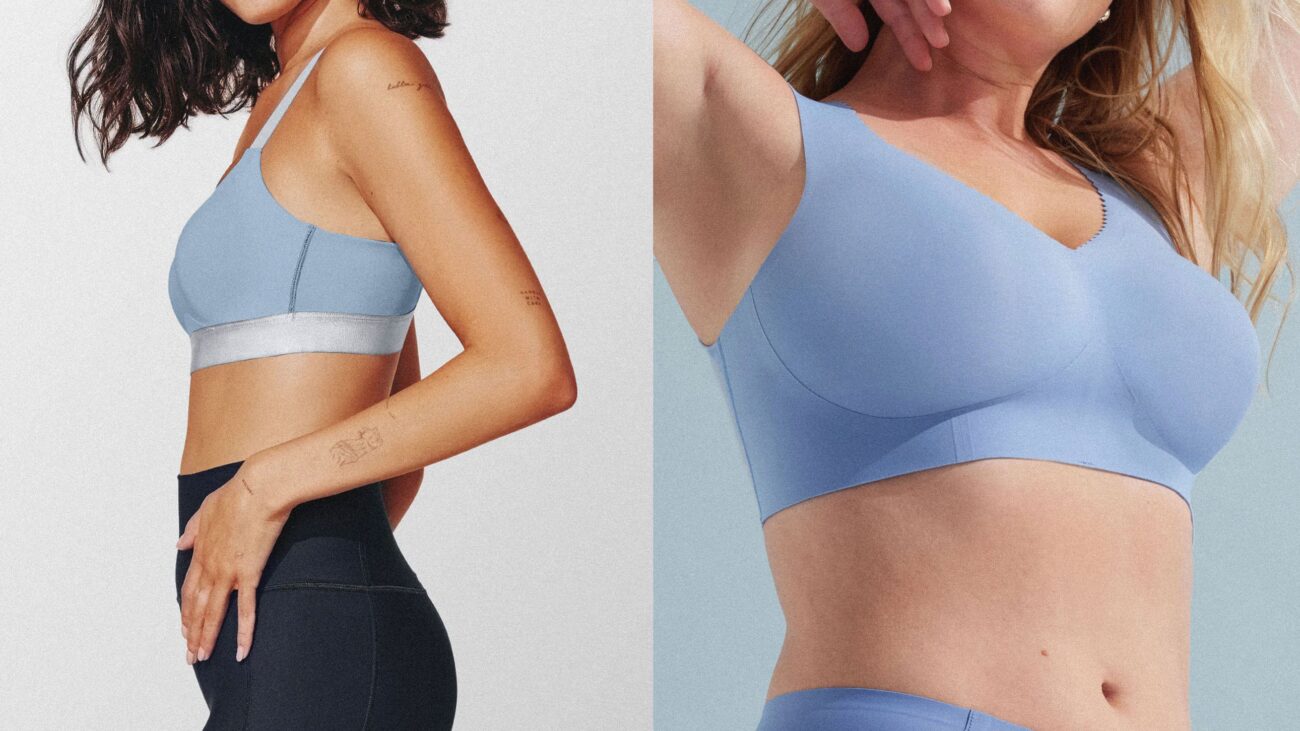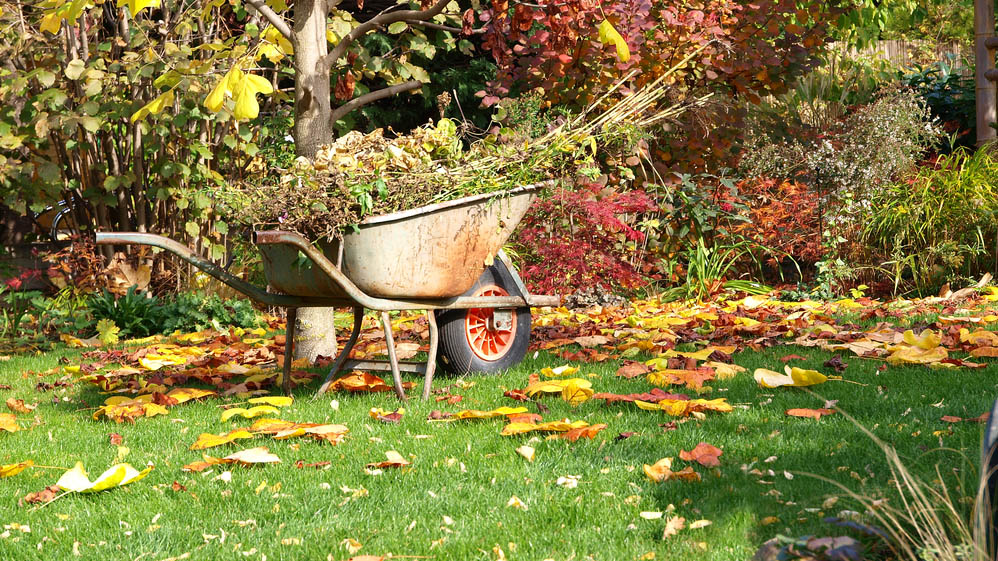Blog
Vegetarian collagen: Can your diet really support it? Experts explain

“High-quality collagen peptides provide the body with usable forms of glycine and proline,” says Pradhan. “They’re especially helpful for vegetarians or those who aren’t eating collagen-rich cuts of meat.” She doesn’t recommend the trendy plant-based ‘collagen boosters’ on the market as they most likely don’t contain collagen, only supporting nutrients. So if you’re serious about vegetarian collagen support, a well-chosen supplement might be doing the real work.
Frequency matters more than food trends
There’s no one magic food, Pradhan says—it’s about consistent exposure. “People think lemon is enough, but amla has much higher vitamin C,” she adds. Ideally, you’d include these cofactors regularly: vitamin C from raw fruits, amino acids from collagen peptides or animal sources, and minerals from whole foods.
It’s less about trendy ingredients and more about sustained nutritional patterns. Collagen production isn’t a one-time thing. It needs constant scaffolding.
A little truth with your turmeric
Slow-cooked or raw foods retain more nutrients critical for collagen formation. Sprouted lentils and pressure-cooked dals are excellent for digestion, but not necessarily for collagen support.
“The less processed your food is, the more nutrients it holds,” says Pradhan. For example, a spoonful of homemade chutney made with raw sesame or flax might do more than a multivitamin when it comes to delivering minerals that support connective tissue.
According to an Ayurvedic nutritionist Aditi Sharma, vegetarian diets can be deeply nourishing for skin and tissue repair. “In Ayurveda, we look at building mamsa dhatu (muscle) and shukra dhatu (reproductive fluid) through foods that are warm, well-digested, and rasa-rich.” That means moist, soupy preparations like mung dal khichdi with ghee, not dry cereal with almond milk.
Rasayana herbs like amla, ashwagandha, shatavari and guduchi are traditionally believed to support vitality, immunity and skin health. “When these herbs are taken with the right anupana or vehicle—like ghee or honey—they can support deeper tissue nourishment,” notes Sharma.
But, she adds, “it’s not collagen. Ayurvedic eating supports overall resilience and glow by improving digestion, reducing inflammation and enhancing nutrient absorption, not by supplying collagen peptides directly.”
So yes, your thali might be building ojas. But if it’s collagen you’re after, that’s still a different scaffolding.
Vegetarian collagen support needs either strategic supplementation or a shift in expectations. And that doesn’t have to mean abandoning what’s on your thali. Just understanding what’s actually working and what’s just comfort food.












